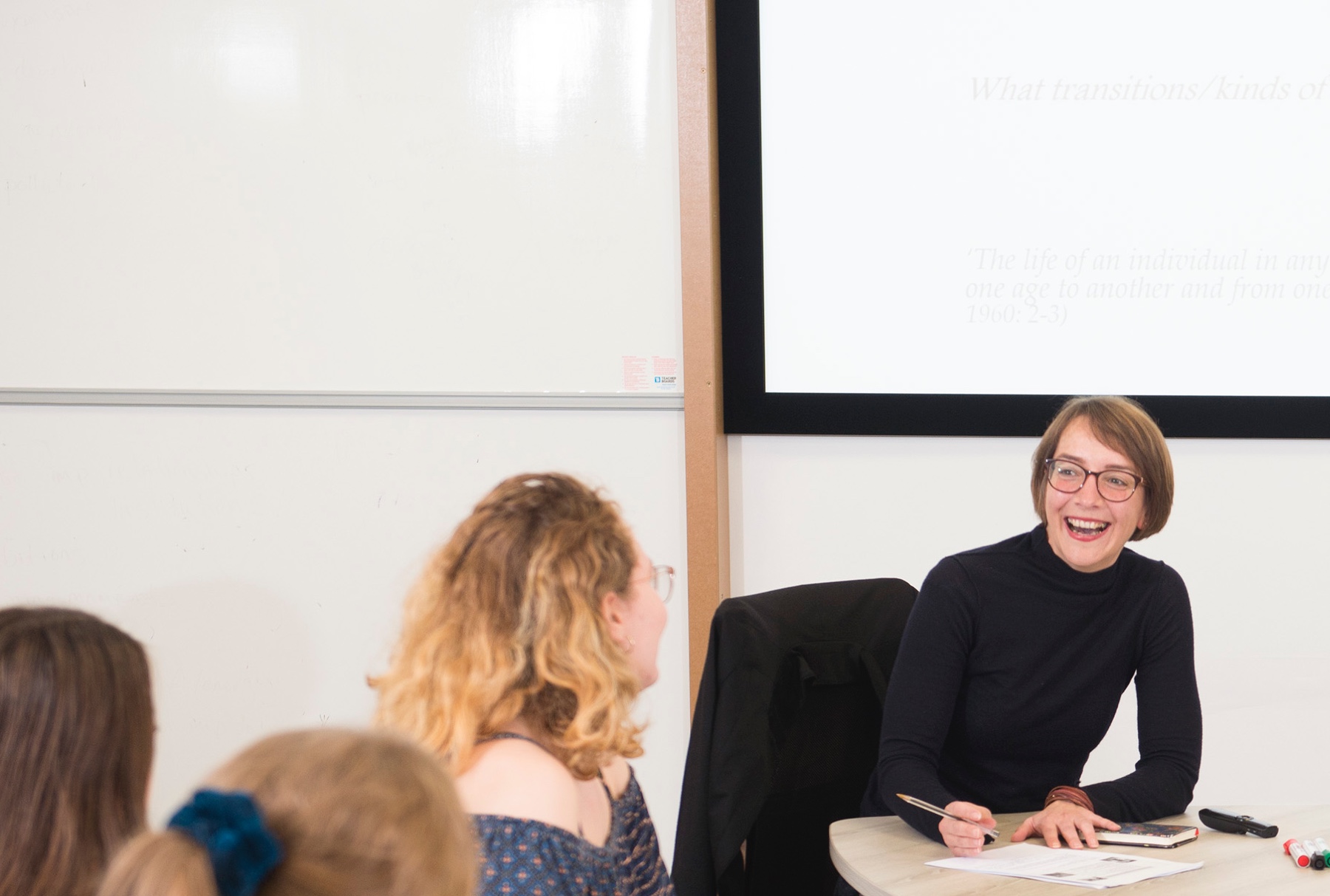Higher Education Practices Blog 1
Post-Graduate Induction Programme

Who is this blog post for:
This short, extended induction programme is designed to be delivered to international students studying at Master’s level in their first semester. It is about expectations, inclusion, assessment and academic writing. It contains four cultural, social and/or historical themes: Newcastle, Hallowe’en, Bonfire night, Christmas.
As a result of the extended, induction programme:
Students will know more about:
- how to relate to staff and students on their degree programme,
- criticality,
- independent learning,
- assessment, evaluation and feedback,
- referencing and using EndNote in academic writing.
Students will be able to:
- manage relationships better with each other from different countries and different contexts,
- develop criticality in writing and thinking,
- plan their time effectively,
- give and receive feedback for continuous improvement,
- present written work in accordance with academic conventions.
University staff will know more about:
- students’ prior experiences of teaching and learning and their impact and influence on expectations of Newcastle and the university,
- students’ lived prior experiences of developing criticality,
- students’ current understanding of independent learning,
- students’ understanding and application of the terms: ‘assessment’, ‘evaluation’ and ‘feedback’,
- students’ experiences of referencing and in-text citations in different contexts around the world.
University staff will be able to:
- better understand the range of expectations from both students and teachers,
- plan for supporting criticality in thinking and writing,
- obtain feedback on activities which promote independent learning,
- explain assessment, evaluation and feedback processes here at Newcastle,
- understand students’ prior experiences of academic writing.
Innovation
|
Good Practice
|
Session Schedule
|
|
Session 1: Expectations (Theme: Newcastle) |
Session 2: Inclusion (Theme: Hallowe’en) |
Session 3: Assessment (Theme: Bonfire Night) |
Session 4: Academic writing (Theme: Christmas) |
|
Starter(s) |
Cultural input: Odd one out exercise of four images to do with Newcastle. Name all 4 cultural icons on the slide. Have you tried them all? |
Cultural input: Trick or treat. What do you know about Hallowe’en? Create a monster out of gingerbread. |
Cultural input: Complete a traditional Bonfire night challenge – eat a doughnut without licking your lips. Firework display video. |
Cultural input: Pass the parcel with questions about each of the three previous sessions before unwrapping each layer. |
|
Learning objectives |
To explore and better understand:
|
To explore and better understand:
|
To explore and better understand:
|
To explore and better understand:
|
|
Activate |
Pair task: Why did you decide to study here? Meet the staff: Matching task of academic job roles to descriptions. |
Pair review of coffee shop task and peer assessment using M level marking criteria. Independent learning experiences: pass the buck and share. |
Carousel activity: What is your experience of
|
Team – pair – solo: What are your experiences of
|
|
Demonstrate |
General mix up investigation task: Find out how many countries are represented by students on your pathway. Find out about each other. |
Independent learning at Newcastle:
|
Marking, feedback, peer and self-assessment, and module evaluation at Master’s level at Newcastle. Revisit writing about the coffee shop task to apply learning. |
Practical examples of referencing, in-text citation, bibliography, plagiarism. End Note practical activity. |
|
Consolidate |
University 20/20 vision Invite a colleague to a Newcastle coffee shop and write up the experience. Bring this next time. |
Be ready to share experiences of Hallowe’en next time. Review your experiences of assessment, evaluation and feedback from undergrad studies. |
Look out for different types of assessment in workshops, lectures and your own study groups. Be ready to share your experiences next time. |
Additional sources of information, advice and guidance:
|
